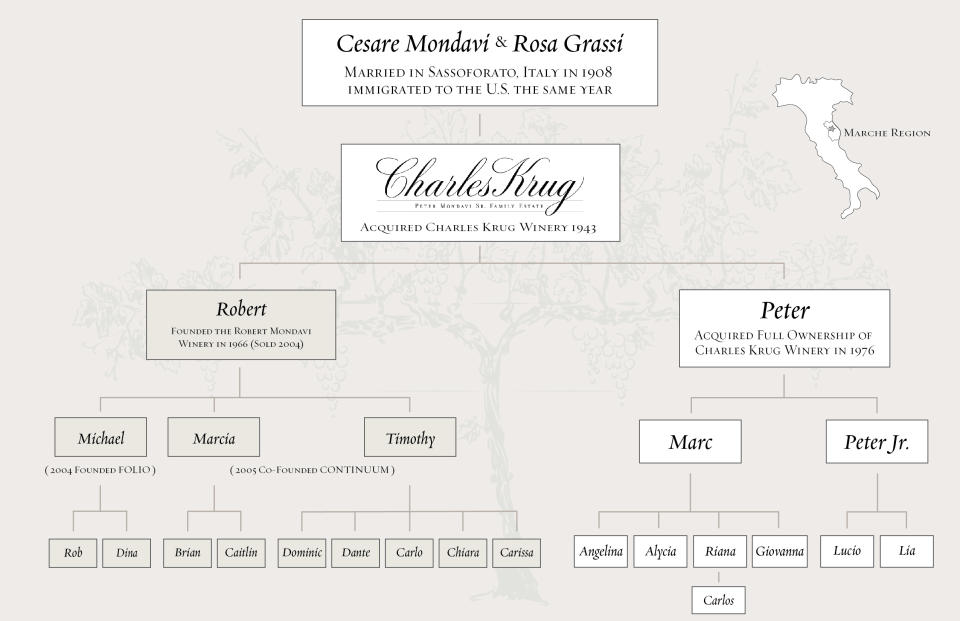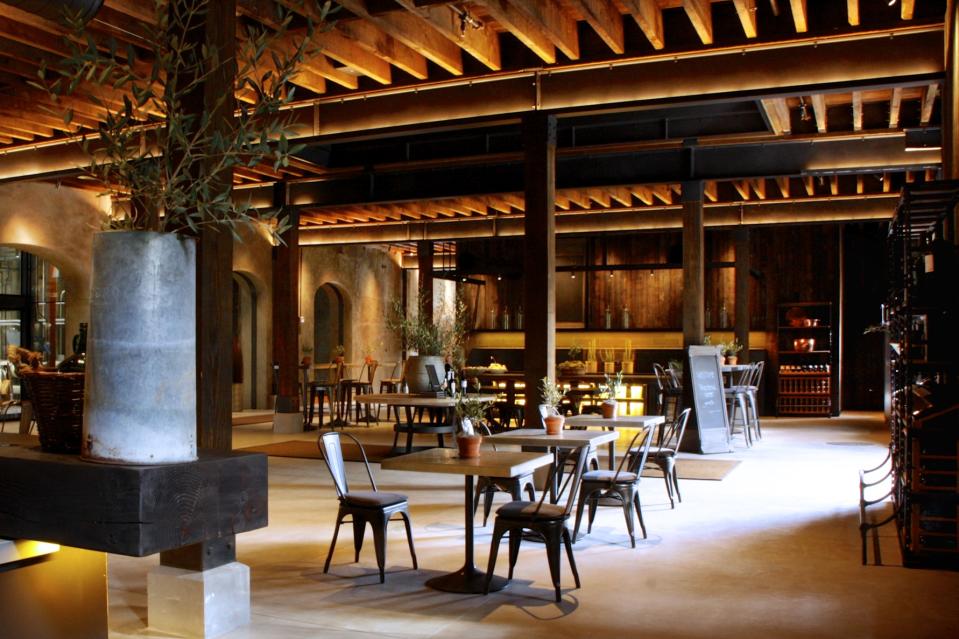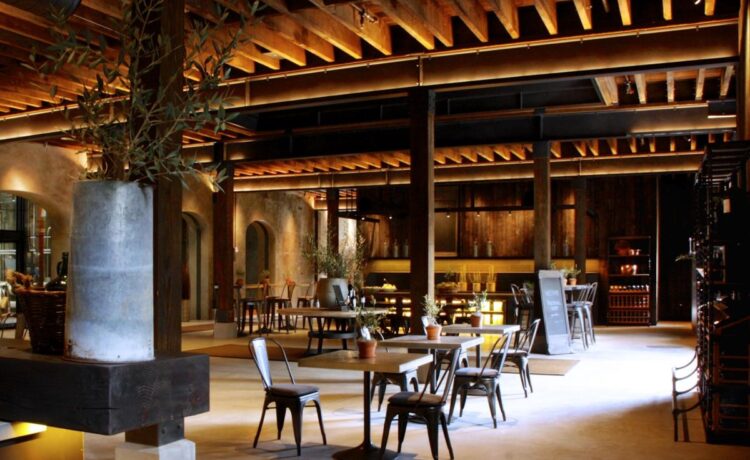The next generation of billionaires will not be entrepreneurs but those who inherit multigenerational family wealth.
“Billionaires have accumulated more wealth through inheritance than entrepreneurship, indicating that the great wealth transfer is gaining momentum,” according to a UBS study.
By the numbers: In just the last year, 53 heirs have inherited $150.8 billion. By contrast, 84 new self-made billionaires created a total of $140.7 billion.
That’s a lot of billions, and while that level of wealth far exceeds most people’s financial dreams, the money transfer has implications for businesses and brands whose founders don’t want to see their life’s work evaporate.
“As baby boomers are well into their golden years, there is an increased desire to help the next generation manage their inheritance, [but also] a fear they will squander their legacy,” Tom O’Saben, an enrolled agent and director of tax content and government relations at the National Association of Tax Professionals (NATP), previously told Yahoo Finance.
Yahoo Finance spoke with Peter Mondavi Jr., third-generation co-proprietor of the Charles Krug winery in Napa Valley, about how the business has evolved to incorporate the fourth generation to continue a 75-year family legacy. The conversation has been edited for length and clarity.


Yahoo Finance (YF): Most readers are familiar with your uncle, Robert Mondavi, but probably unaware of the family legacy that is the Charles Krug Estate. Can you give us background on the family history?
Peter Mondavi Jr. (PMJ): My grandfather, Cesare Mondavi, didn’t have previous wine experience. When he immigrated to New York City in 1908 with my grandmother, he was the broker to secure grapes for Italian immigrants who made their own house wines. Getting the right grapes led to the family going west to Napa Valley. In 1943, he acquired the Charles Krug Winery, the oldest in Napa Valley.
When my grandfather passed, my father Peter Sr., and uncle, Robert, inherited the family business. My uncle left to start his own company and my father acquired full ownership of Charles Krug Winery in 1976.
YF: After your uncle left the family business, what did your father do to prepare you and your brother Marc to take over?
PMJ: We were exposed to the family business as young kids, working odd summer jobs as teens in hospitality and the vineyards, understanding the ground level aspects of the business.
Over time, we became more immersed and involved. I started working full-time after college. When my uncle Robert cashed out, my father gave us the option to cash out or continue with business. We decided to continue with the business.
YF: You are co-proprietor with your brother Marc and are the third generation. Did you change how the business operated?
PMJ: My father was president until 1998. Marc and I split operation of the company by brands with me handling the Charles Krug brand and Marc the CK Mondavi brand.
YF: Your children are the fourth generation. What did you do to prepare them to be part of the family business?
PMJ: When the fourth generation became more of a presence, we developed explicit family governance because they were very young and needed to be educated as owners and shareholders.
Around 2015, we formalized a structure using a “family office,” with the goal to sustainably grow and transfer the branded wine business across generations, with continuous family ownership. Members of the third and fourth generations hold various roles, from positions in the winery, brand ambassadors to board members. Four of the seven board members are family members.
We require family members to get experience outside and within different facets of Charles Krug and the CK Mondavi Family Portfolio if they desire to work here.


Things to consider when passing down multigenerational wealth
Heirs inheriting billions may not want to be part of the family business, or they may have ideas about changing it to make their mark on the legacy. That puts succession planning at the forefront.
“When managing a multigenerational business, employment in the family business and ownership in the family business are two different things,” Marguerite Weese, chief operating officer of Wilmington Trust’s Emerald Family Office & Advisory and National Director of Family Legacy Strategies, told Yahoo Finance.
Initially, the family business is what keeps the family together, but as generations go on and other members aren’t actively involved, that’s where the “family office” steps in, Weese said.
Typically, ultra-high-net-worth individuals will use a family office structure to manage wealth with a dedicated in-house staff of lawyers, accountants, and wealth managers to maintain privacy and confidentiality.
“A family office avoids future conflict and division to help keep things cohesive, like passing down assets and educating the next generation on business management and philanthropy to continue legacies,” Petar Arizanov, CFP®, who is an executive director and an OMEGA portfolio manager at Oppenheimer & Co. Inc., told Yahoo Finance.
Every family office does something slightly different because they have different objectives.
“Continuing the family legacy is important for us, which is why the fourth generation is putting together a charter for future generations to keep the family culture with a flexible management structure,” Mondavi Jr. said.
Ronda is a personal finance senior reporter for Yahoo Finance and attorney with experience in law, insurance, education, and government. Follow her on X @writesronda.
Read the latest personal finance trends and news from Yahoo Finance

















